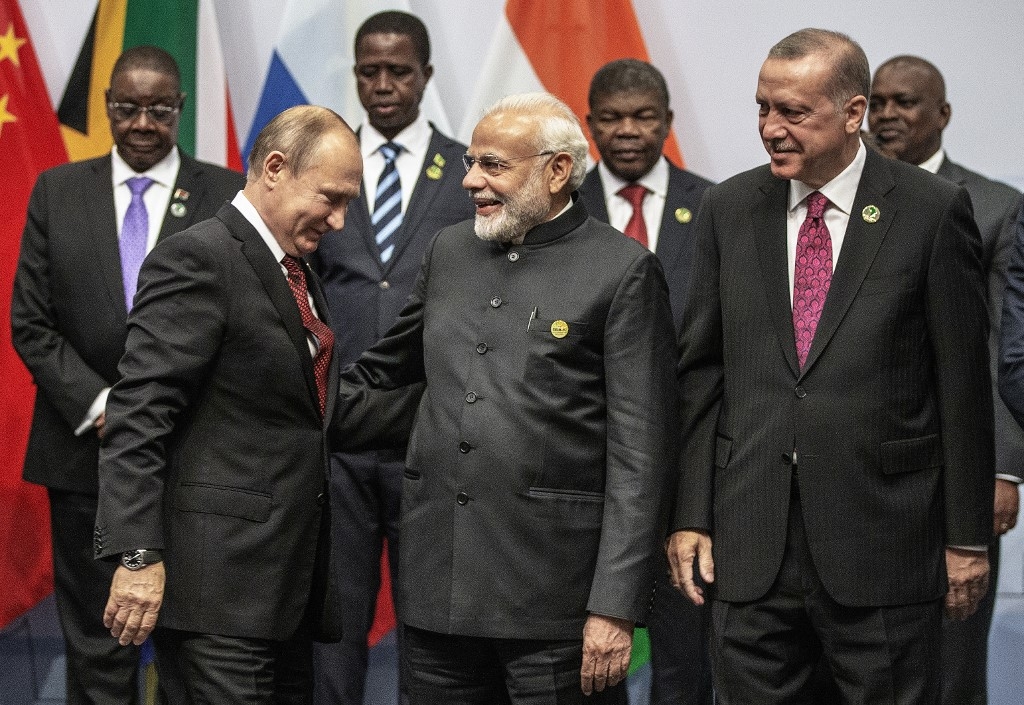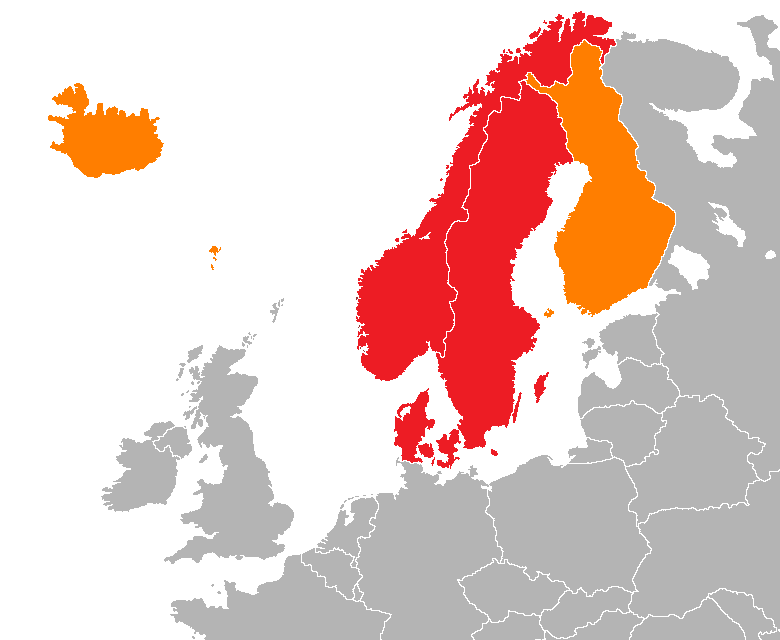Accelerating Diplomacy: Gulf States’ Strategic Use of F1 as a Vehicle for Soft Power Projection
The importance of soft power is increasing in the current age of technology and information, with the diversification of communication networks and increased transportation. The Gulf states are among the first to recognize the importance of this development.

While Turkiye’s interest in Formula 1 has seen a notable uptick in recent years, particularly spurred by the Netflix documentary “Drive to Survive,” it is crucial to acknowledge that Formula 1 has enjoyed global prominence as one of the most watched and passionately followed sports for the past seven decades. The substantial investments made by private entities in the Gulf countries have undeniably contributed to the sport’s success, which has experienced a significant surge in popularity worldwide over the past decade.
The symbiotic relationship between Formula 1 management and the Gulf nations represents a mutually beneficial arrangement, with these countries adeptly leveraging their partnership to promote the sport more effectively than many of their European counterparts. In this article, we will delve into the strategies and investments implemented by the four Arab nations—namely, the UAE, Bahrain, Saudi Arabia, and Qatar—that host Formula 1 races. We will scrutinize how these nations are actively working to expand Formula 1’s global viewership and dissect the underlying motivations propelling their investments in the sport.
Country-specific investments
Bahrain’s swift entry into Formula 1 marked a significant milestone as the first Gulf country to join the Formula 1 calendar. At the time when Egypt, the UAE, and Lebanon were vying for the hosting rights, Bahrain distinguished itself by rapidly executing its investment plans, delivering a state-of-the-art track worth $150 million to Formula 1 fans within a remarkably short span of 16 months. This substantial investment yielded exceptional returns, with the track’s contribution to Bahrain’s economy surpassing $2.7 billion, excluding revenues generated from race events.
During race weekends, hotels operate at full capacity, benefiting from increased tourism, while Gulf Airlines effectively capitalize on the opportunity for extensive advertising. Additionally, Bahrain leverages the global platform provided by Formula 1 to showcase its rich cultural heritage through various events. Notably, Bahrain’s inclusion as the inaugural race on the Formula 1 calendar underscores its remarkable achievement, considering its relatively small size.
Bahrain GP
Bahrain’s breakthrough set a precedent for other Gulf countries, because it was around that time that the farsighted leaders of the Gulf realized that oil would eventually run out and that their economies needed to diversify, and they began to follow Bahrain’s lead in F1. Emirates Airlines of the UAE entered F1 in 2006 as a sponsor of the Mclaren-Mercedes F1 Team. The UAE continued to invest in F1 thereafter and in 2009 the Abu Dhabi GP opened with the support of Etihad Airways. For 14 years Abu Dhabi has hosted F1’s last race and will continue to host F1 until 2030. It is worth mentioning that the current President of F1 is also from Dubai.
Saudi GP
Saudi Arabia continues to change and develop under the leadership of MBS. Under the Crown Prince’s vision 2030, the country is building its international reputation and diversifying its economy. The Saudi Arabian race, which is on the calendar for the historic 2021 season, has quickly become a favorite for some F1 drivers, such as Mercedes driver George Russell. Saudi Arabia’s investments stand out as far more ambitious than those of other Gulf partners. We can see this as a reflection of an effort to assume a leadership role in the region. There are rumors that the Saudis are trying to buy F1 for $20 billion, and they have the money to do so. However, the process could be challenging for the Saudis as the country has been the target of criticism from the West on human rights issues like other Gulf countries.
Qatar GP
Qatar is the latest to join the Gulf’s F1 fever. However, the addition of Qatar to the calendar seems to have disturbed many. Because there are criticisms that F1 management is giving up the beauty of the sport in exchange for money and that there are too many races on the calendar. Moreover, Europe is uncomfortable with the long contracts for the new Gulf circuits. In addition, Qatar Airways has a sponsorship deal with F1 until 2027 and Qatar Airways is the title sponsor of three races this year: Qatar Airways Emilia Romagna Grand Prix (May 19-21), Qatar Airways Hungarian Grand Prix (July 21-23), Qatar Airways Qatar Grand Prix (October 6-8).
Gulf diplomacy and Formula 1
The West is unable or unwilling to accept the rise of the Gulf and its step-by-step competition to Europe. Looking at the 2023 F1 calendar, there are 23 races, and only 4 of them are in the countries mentioned above. In addition, only 3 races will be held in the US (Las Vegas, Miami, Austin), but the fact that 3 races will be held in the US in one year does not seem to bother the West.
In addition, the reason why the West is so uncomfortable is that a region that is not part of their culture, beliefs and values is marketing their culture so successfully and introducing the Gulf and the Middle East to thousands of Europeans every year. This is because European companies cannot compete with the Gulf countries in terms of marketing and this has led to the Gulf increasing its influence in F1. The best example of this is Qatar’s sponsorship of two races in Europe, as I mentioned above.
What these countries all have in common is that they want to ensure that the new Middle East is shaped not through Syria and Iraq, the powerful Arab countries of the past, but through them, and they do this not through the use of conventional force, but through the use of soft power. The Abraham Accords signed in 2020 were actually a reflection of this. Looking at the 2023 soft power index, the above makes even more sense. According to the 2023 data, the UAE ranks 10th, Saudi Arabia 19th, Qatar 24th and Bahrain 50th in soft power promotion. At the same time, the international reputation of all of these countries has been increasing over the years and will continue to do so.
Conclusion
The Gulf’s use of soft power is a topic that has gained in popularity with the 2022 World Cup Qatar. But soccer is a newer investment and projection tool for the Gulf than F1. Both, however, increase the visibility of the Gulf and the Middle East in the world and diversify their economies.
The new Middle East continues to rise and develop from the Gulf. As a result, the West, which has held the cultural hegemony in the world for years, will continue to feel threatened. While states, the main actors of international relations, compete with each other, the importance of soft power is increasing with the diversification of communication networks and increased transportation in the age of technology and information. The Gulf states are among the first to recognize the importance of this development.
Muhammed F. Cetinkaya
Boston University




Comments